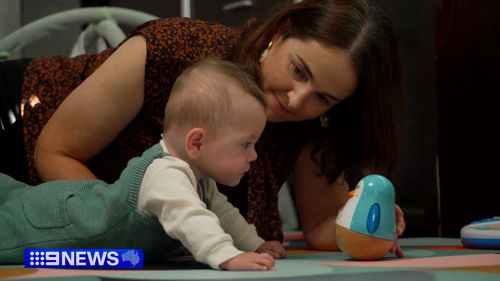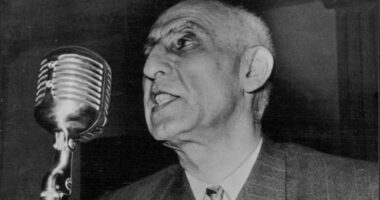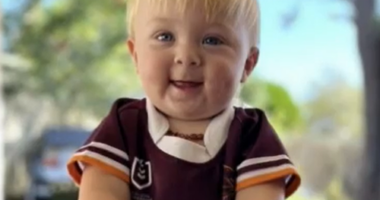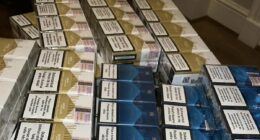Share this @internewscast.com
Breast milk, often referred to as “liquid gold” for its immense value to premature infants, has been shown in new studies to significantly reduce the risk of a potentially deadly disease when donated.
A mother who lost one of her newborn twins to an inflammatory bowel disease is speaking out for the first time since the heartbreaking ordeal.
Oscar is a cherished twin brother who survived the many challenges that come with a high-risk pregnancy.

He and his brother Alfie arrived into the world extremely early at 25 weeks and four days, each weighing less than one kilogram.
“It felt like a real blessing and we were very lucky to be having identical twins,” Ashleigh McKenna said.
They grew stronger in intensive care until the sixth week when Alfie was struck down with necrotising enterocolitis, an inflammatory bowel disease.
“The next morning he required emergency surgery and he passed away shortly after the surgery,” Mckenna said.
“There are really no words to describe the heartache and immense pain.”
Brother Oscar also had the condition but he responded to antibiotics.
The condition affects about one in 20 very preterm babies with a mortality rate as high as 50 per cent.
Dr. Tejasvi Chaudhari, a neonatologist in Canberra, explained how bacteria can move from the intestinal wall into the abdomen or bloodstream, leading to severe infections.
Recent findings suggest that if a mother is unable to breastfeed due to health issues or insufficient supply, utilizing donated breast milk can decrease the likelihood of infection by fifty percent.
Lifeblood milk research lead Dr Laura Klein, said similar research had been been published internationally.
“We’re seeing that over the first three years after the Lifeblood milk service started, we’re seeing a reduction in NEC by about a third,” she said.
Margaret Broom, a neonatal research nurse at Canberra Hospital said it was “wonderful” to see “something so simple can have such a huge effect”.
It launched the service six years ago, but a survey reveals there’s little awareness among breastfeeding mums that it exists.
Oscar was saved by donations of blood and breast milk.
His mother wants others to know the impact of giving.
“That gave us the 48 previous days with Alfie and is a huge reason why Oscar is here today because they had a lot of donor milk,” McKenna said.
“It’s very important and I’ll be forever grateful for donors.”










